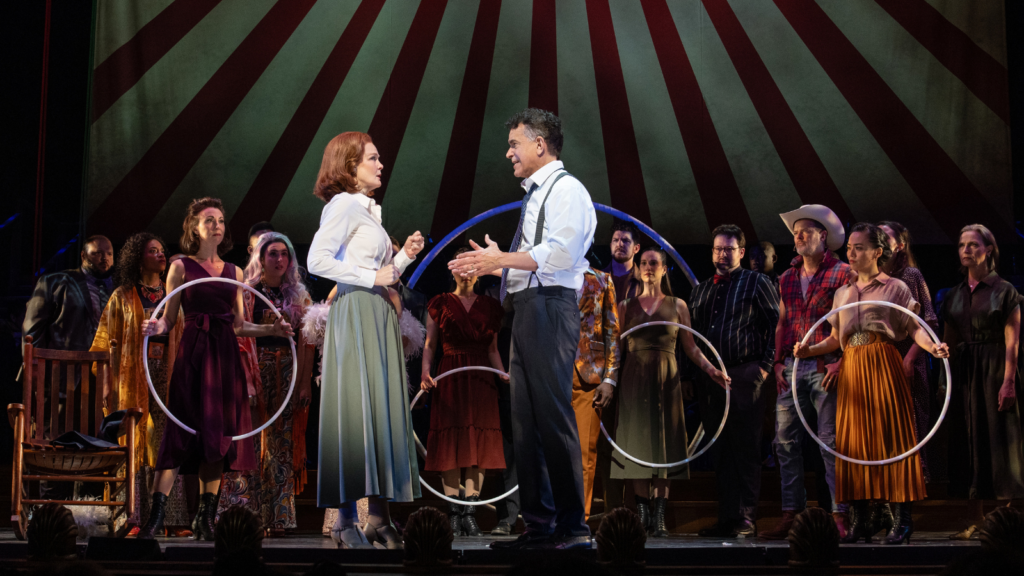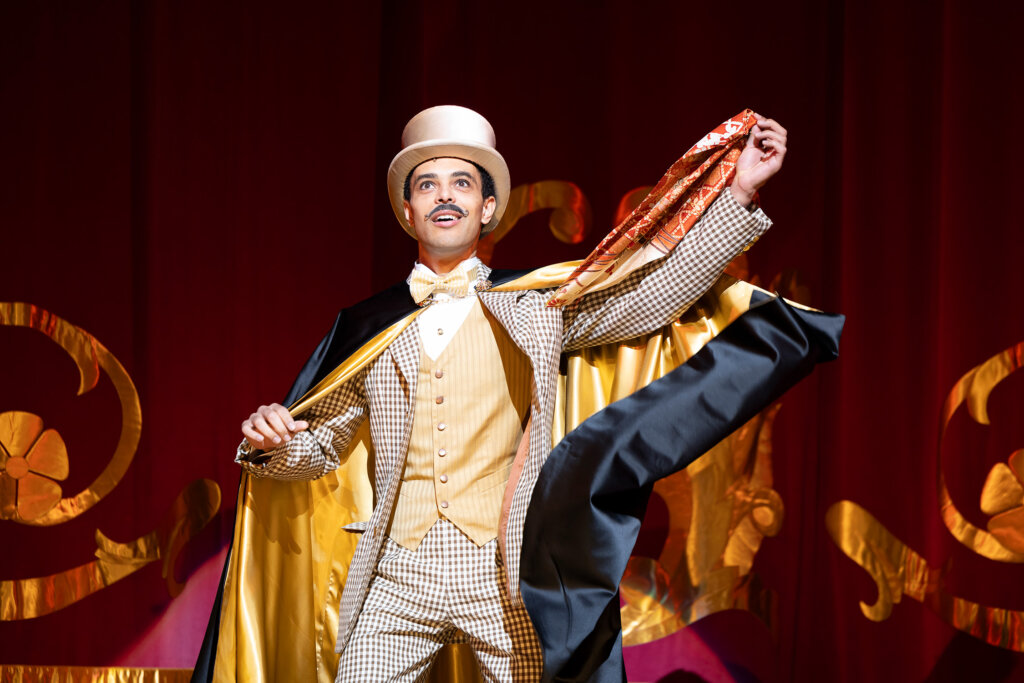
Author (Die Seeräuberin) and screenwriter (Hannah Arendt, Rosenstrasse) Pamela Katz has just published a new book, The Partnership: Brecht, Weill, Three Women, and Germany on the Brink (Doubleday/Nan A. Talese, January 2015). The product of years of research and study of the Weimar era, The Partnership offers a non-fiction account of the fabled team of Kurt Weill (music) and Bertolt Brecht (text) that revolutionized modern theater in the late twenties. Weill and Brecht collaborated on three frequently performed and extraordinarily influential stage works: Die Dreigroschenoper (play with music, 1928), Aufstieg und Fall der Stadt Mahagonny (opera, 1930), and Die sieben Todsünden (ballet chanté, 1933), along with several other stage and concert works, including Happy End, Der Jasager, and Das Berliner Requiem. Though never intimate friends, Weill and Brecht worked together intensively to produce a substantial oeuvre in a short time. Nearly ninety years later, their stage works continue to please, provoke, and inspire audiences.
Unlike most earlier accounts of the collaboration, The Partnership emphasizes the contributions of three women–Weill’s wife Lotte Lenya, Brecht’s wife Helene Weigel, and Brecht’s mistress and collaborator Elisabeth Hauptmann–to the art of Weill and Brecht.

While Hauptmann’s central role–as writer, translator, and adaptor–in the creation of Brecht’s work has long been acknowledged, Lenya and Weigel, accomplished actors both, also worked with their husbands and formed part of Brecht’s circle of helpers and disciples. Katz’s balanced account explores the ways in which these three women supported and influenced Weill and Brecht, spurring them to create their unique, powerful brand of theater. The Partnership goes well beyond a narrow focus on the two creators and their inner circle, offering a wide-angle look at the theater of the Weimar Republic and events of those fateful years in Germany just before the ascent of Hitler and the Nazis.
The book is informed by Katz’s longstanding interest and expertise in twentieth-century German culture. Her previous book, Die Seeräuberin (Aufbau, 2001), was a historical novel based on the life of Lotte Lenya. She is best-known for her collaborations with director Margarethe von Trotta, which have resulted in three films, Hannah Arendt, Rosenstrasse, and The Other Woman. Currently, Katz teaches screenwriting at New York University.
Features
Publisher’s page on The Partnership
Author’s page on The Partnership
Schedule of promotional events
Selections from reviews


